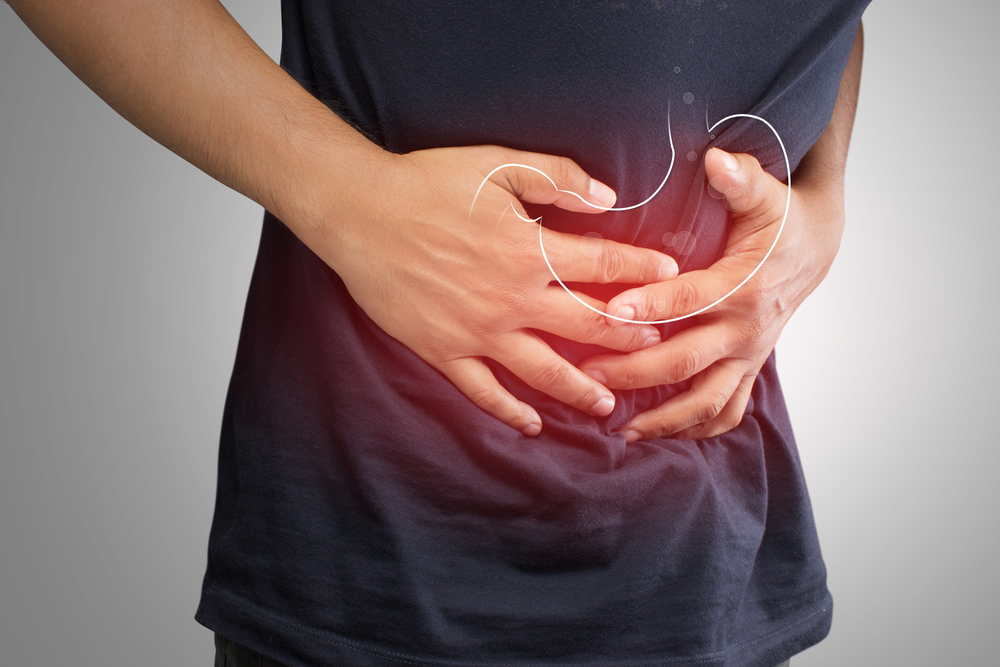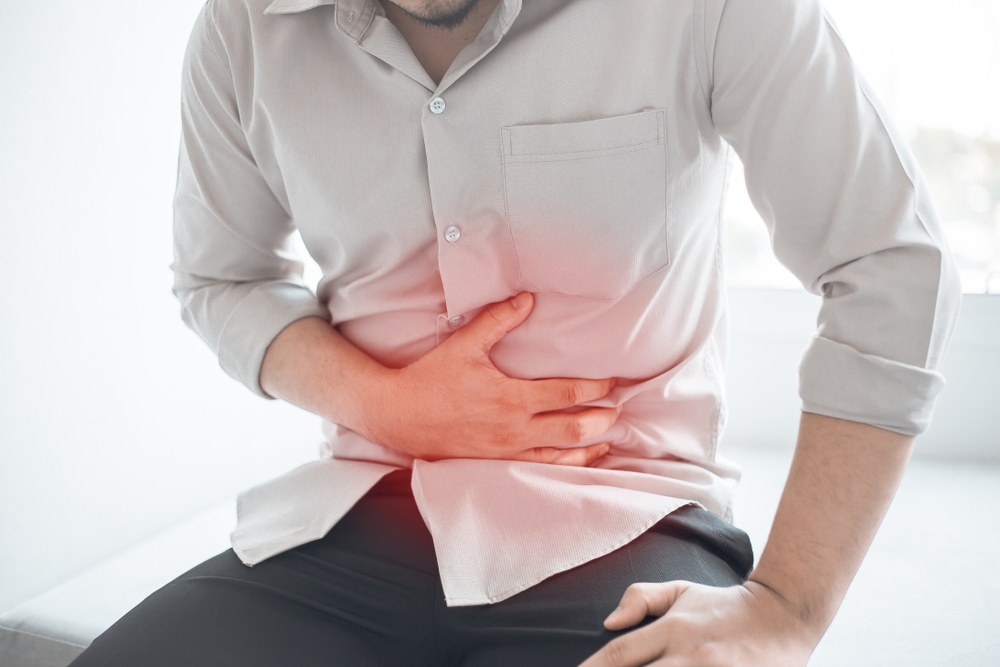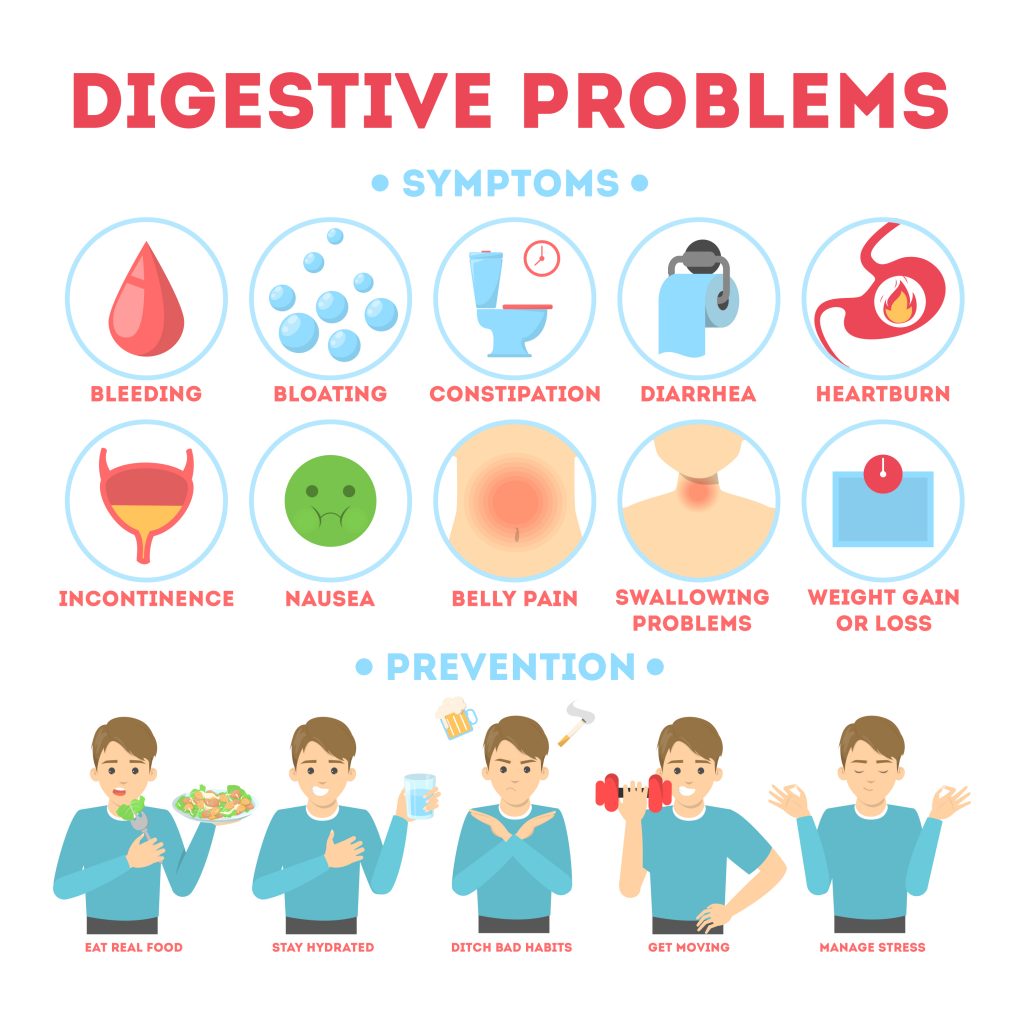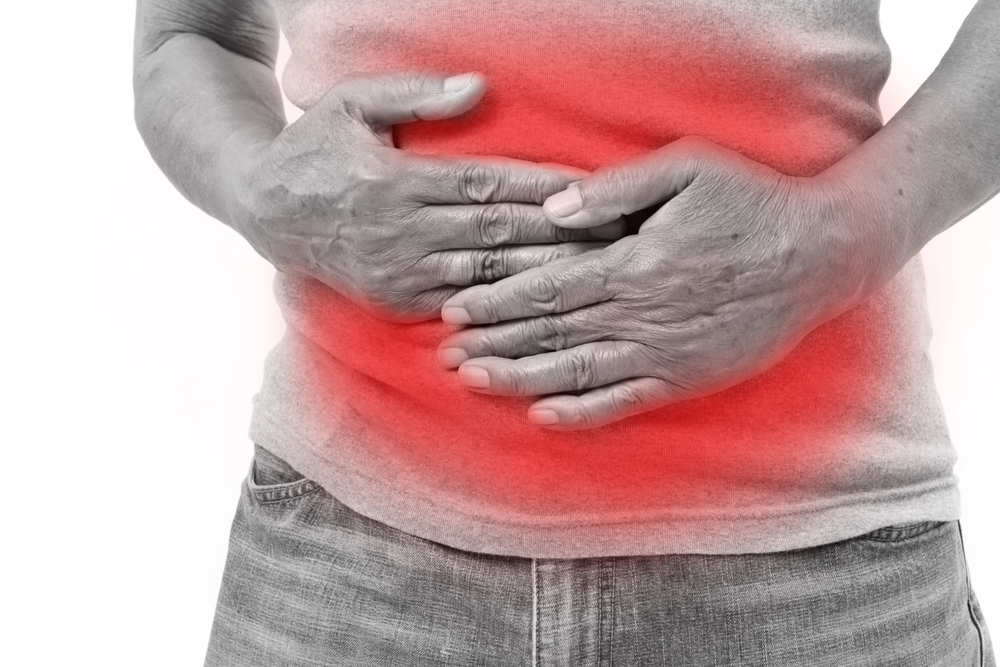Digestive problems are common, but they can significantly impact your quality of life. From acid reflux to indigestion, these issues can be uncomfortable and sometimes painful. Thankfully, there are effective medications available to help manage and alleviate these conditions. This blog will guide you through various treatments and medicines for digestive system, ensuring you find the relief you need. Additionally, we’ll touch on the importance of digestive health in relation to overall well-being. Understanding Common Digestive Problems Digestive disorders such as acid reflux, indigestion, and heartburn are prevalent but manageable with the right medications. These conditions often arise due to poor dietary habits, stress, or underlying medical issues. Recognising the symptoms early and addressing them with appropriate treatments is essential for maintaining digestive health. Effective Medications for Digestive Issues Treatment Several medications can provide relief from common digestive issues. For instance, Rennie 72 Tablets Spearmint Green is a popular antacid…
Which Medicine is Good for Digestive System
The digestive system is a complex network within our bodies, responsible for breaking down food, absorbing nutrients, and eliminating waste. However, at times, it can face challenges leading to discomfort and various digestive issues. Finding the right medicine for your digestive system requires understanding the symptoms and selecting treatments that address specific concerns. Understanding Digestive Disorders Digestive disorders encompass a wide range of conditions, from acid reflux to irritable bowel syndrome (IBS) and beyond. Symptoms may manifest as bloating, abdominal pain, indigestion, or irregular bowel movements, signaling an imbalance in the gut. Identifying the Right Treatment Gaviscon Infant 30 Doses 2G Sachets and Gaviscon Double Action Mint 150ML are often recommended for infants and adults, respectively, to alleviate heartburn and acid reflux. These products work by creating a protective barrier in the stomach, easing discomfort caused by excess acid. For more persistent issues, Pyrocalm Control 20MG Omeprazole 7 Tablets is…
What Are the Best Treatments for Digestive Problems?
Digestive problems can disrupt our daily lives, causing discomfort and affecting our overall well-being. From symptoms like bloating, indigestion, and irregular bowel movements to more complex issues like dry lips associated with digestive problems, the spectrum is wide, impacting millions worldwide. Understanding Digestive Problems Symptoms and Causes: Identifying digestive issues involves recognizing symptoms like abdominal pain, constipation, or diarrhoea. Various factors contribute, including dietary choices, stress, underlying health conditions, and even low iron levels, which could trigger or exacerbate digestive concerns. Iron Deficiency Link: Research suggests a potential correlation between low iron levels and digestive problems. The gut is sensitive to iron fluctuations, and insufficient iron might contribute to issues like constipation, impacting the digestive system’s functionality. Treatment Approaches Dietary Adjustments: Often, the first line of defence against digestive problems involves dietary modifications. Incorporating fibre-rich foods, probiotics, and staying hydrated can alleviate symptoms and promote a healthier digestive system. Foods…
What Causes Digestive Problem?
Whether it is an upset stomach, diarrhoea, or heartburn that just doesn’t seem to go away, recurring digestive problems can sometimes point to something bigger than spicy food reactions or a case of gas. Digestive problems can be caused by various types of gastrointestinal disorders, some of which are serious conditions. The human digestive system has the important role of processing nutrients and eliminating waste from the food that is digested. If you are experiencing problems with digestion, it can interfere with your daily life and routine. Problems with the digestive system can cause discomfort, embarrassing and inconvenient symptoms like flatulance or diarrhoea, and even severe, debilitating pain. In this article, we will explain the primary causes of chronic digestive problems and treatment options for people who have recurring (or chronic) symptoms. What Are the Primary Causes of Digestive Problems? If you have been experiencing chronic digestive problems, you should…
The Best Food for Digestion Problems
We’ve all had bouts of trouble with digesting food at some point, leading to uncomfortable symptoms such as gas, constipation, diarrhoea, or stomach pain. Digestive problems can be caused by a variety of factors including the food we eat, medication, and medical conditions – you can even have digestive problems caused by alcohol. But one of the main reasons for digestion problems can be blamed on food. When you don’t follow a healthy and well-balanced diet, this is one of the most common reasons for digestion problems. The good news is that you can overcome digestion problems with simple dietary changes. In this article, we will give you a list of the best food for digestion problems that will help get your digestive system function better. The Best Foods for Digestion Problems If you are experiencing digestive system problems, eating certain digestion-friendly foods can help alleviate symptoms when used regularly.…
What Causes Digestive Problems?
From uncomfortable acid reflux to embarrassing bloating and gas, at some point in life, everyone experiences digestive problems. Thankfully, there are some simple answers for most of your digestive system problems. Learn about what causes stomach issues as well as how to prevent and manage problems with digestion. What Causes Digestive Problems? It may seem like digestion only happens in your stomach, but it’s a long process that involves many different organs in the body – combined together they make up the digestive tract. The digestive process begins in your mouth, then works its way through the oesophagus, stomach, small intestine, organs including the pancreas and gallbladder, large intestine, and then finally what’s left is eliminated as waste in a bowel movement. Since there are so many interconnected digestive processes, digestion problems can happen anywhere along the way. DIGESTIVE PROBLEMS SYMPTOMS Some of the most common digestion problems symptoms include: · …
What Are the Signs of Digestive Problems?
Digestive problems refer to any gastrointestinal disorders that occur in the digestive tract (aka gastrointestinal – GI tract). The first symptoms of a digestive tract issue usually include signs such as heartburn, bloating, diarrhoea, constipation, and bleeding. If you happen to be experiencing nausea, bloating, or abdominal pain, it’s probably a virus that will go away on its own in a few days. Other more serious symptoms such as GERD or bleeding could signify a digestive condition requiring a change in lifestyle habits or medical treatment. The signs of digestive problems can be caused by a variety of factors, but here are a few of the common culprits. CAUSES OF DIGESTIVE PROBLEMS Many factors can upset your GI tract, including: A low-fibre diet. Not enough exercise. Changes in routine, such as travel. Too many dairy products. Stress. Avoiding bowel movements due to haemorrhoids. Taking too much anti-diarrheal medication. Taking antacid…





